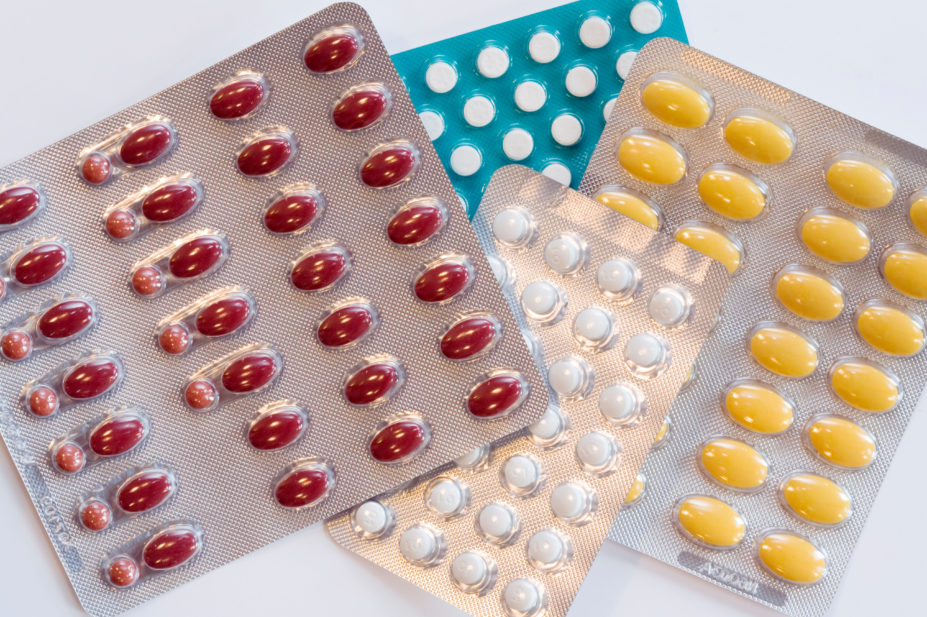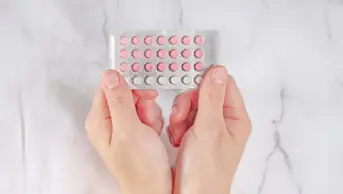
Kumar Sriskandan / Alamy Stock Photo
Prescriptions for hormone replacement therapy (HRT) medication have more than doubled in England over the past five years, according to data collected from the NHS.
The latest monthly figures from OpenPrescribing show that nearly 538,000 prescriptions for HRT treatment were issued in December 2021, compared with 238,000 in January 2017.
In correspondence with the data, spending on HRT medication across all GP practices in England increased from £3.2m to £7.0m in the same period.
The rise in prescriptions comes amid 18 months of HRT product shortages, with pharmacists reporting that they are unable to fulfil prescriptions. Shortages have been blamed on manufacturing and supply issues, and have been compounded by increasing numbers of women seeking HRT medication.
Lindsay Lester, pharmacist and menopause specialist at Newson Health, a private menopause and wellbeing centre in Stratford-upon-Avon, Warwickshire, said the rise in prescriptions and women coming forward for HRT treatment was welcome.
“Finally, women are actually free to talk about menopause,” she said.
“The conversation has started again, which actually happened because of the NICE [National Institute for Health and Care Excellence] guidance in 2015. That made allowances and said, well, actually, it’s OK to prescribe HRT and it is very safe.”
The 2015 NICE guidance encouraged more GPs to prescribe HRT as the first line of treatment for patients under the age of 60 years, who experience menopausal symptoms, such as joint pain, low mood or sexual difficulties. The guidance said that GPs “overestimate the risks” of HRT and “underestimate the impact of menopausal symptoms” on quality of life.
Thorrun Govind, chair of the Royal Pharmaceutical Society’s English Pharmacy Board, agreed that there is less stigma associated with talking about menopause and accessing HRT.
“Generally, society’s more accepting of women having HRT,” she said. “I think this is probably part of a wider discussion about considering women’s health in society. I think we’re seeing women challenging things a bit more now as well and recognising that our health needs also need considering.”
The Medicines and Healthcare products Regulatory Agency (MHRA) launched a consultation earlier in 2022 on making the first HRT product available in pharmacies without a prescription.
On 2 February 2022, the MHRA said that if the product — Gina 10 microgram vaginal tablets (estradiol; Novo Nordisk) — was reclassified, pharmacists would have access to training materials and a checklist to enable them to identify women who can be supplied the medicine safely.
Previously, in October 2021, the Department of Health and Social Care said it would look at how a single prescription fee for a year’s supply of HRT could be introduced to save women the repeated prescription fees.


